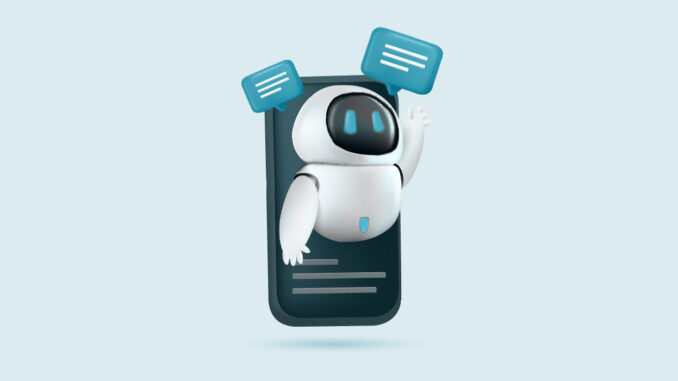
How AI is changing the future of digital marketing
Although the rapid development of AI is proving useful in many fields, when it comes to digital marketing the automation and efficiency benefits it can bring to customer acquisition and engagement is paramount. Of course, relatively speaking, we are still very much in the early days of commercialised AI use. However, based on what we have seen so far, even the initial phases of AI applications have the power to revolutionise digital marketing.
From the ideation stage all the way to conversion, AI can play an essential role in the success of any digital marketing strategy. Naturally, businesses that are able to adopt AI technology early and integrate it into their procedures as soon as possible can gain an advantage over their competitors.
Below we take a look at a number of ways businesses can use AI to improve their digital marketing strategies:
Efficient customer behaviour analysis
By leveraging machine learning algorithms, AI has the ability to not only spot patterns in customer behaviour, but actually predict it. Aspects of customer behaviour that AI tools can provide insights on include purchase intent, likelihood of repeat custom, and churn risk. Naturally, businesses can then use these insights to tweak their digital marketing strategies in real-time, better optimise campaigns, create personalised content, and make more data-driven decisions.
Personalised content creation
As discussed above, one of AI’s largest advantages is its ability to find useful patterns in vast amounts of data. The more efficiently a business can analyse data, the more quickly it can learn and understand its potential customers. AI algorithms can analyse customer data – including browsing and purchase history, past search queries and bookmarked product pages – and use this information to create custom campaigns that are more relevant. Naturally, by reaching out exclusively to the appropriate audience and using bespoke messaging, this can help businesses to increase the engagement and conversion rates of their marketing campaigns.
Optimised customer support
Through the use of semantic recognition and language processing technology, AI chatbots have made providing 24/7 customer support easier, and more cost-effective, than ever before. These increasingly commonly-used systems allow businesses to replace traditional ‘one-to-one’ customer service methods with ‘one-to-many’ alternatives, meaning customer support can be delivered to an almost infinite number of customers at any one time. Due to the automated nature of AI-driven chatbots, they are also highly efficient. Unlike human customer service agents, chatbots can operate 24/7 and provide consistency across the board. This has the potential to improve customer satisfaction levels and reduce response time, both of which can lead to better customer retention.
Rapid sentiment analysis
Manually collating and analysing feedback data to determine customer sentiment towards your brand (or an individual product/service you offer) can be very time consuming and expensive. AI tools can be used to automate this process. Tools such as Brand24 and OpenText can be used to help businesses better understand the perceptions of customers. This information can then be used to shape future digital marketing campaigns.
Dynamic pricing
Although not appropriate for all businesses, the introduction of dynamic pricing efficiencies can also be enabled through the smart use of AI. AI-driven dynamic pricing tools use algorithms to automatically adjust the prices products and services are listed at depending on changing market forces. This can include everything from changing demand and usage trends to the time of day and the amount of stock available. This is an AI-driven strategy made famous by brands such as Uber and Deliveroo.

Leave a Reply